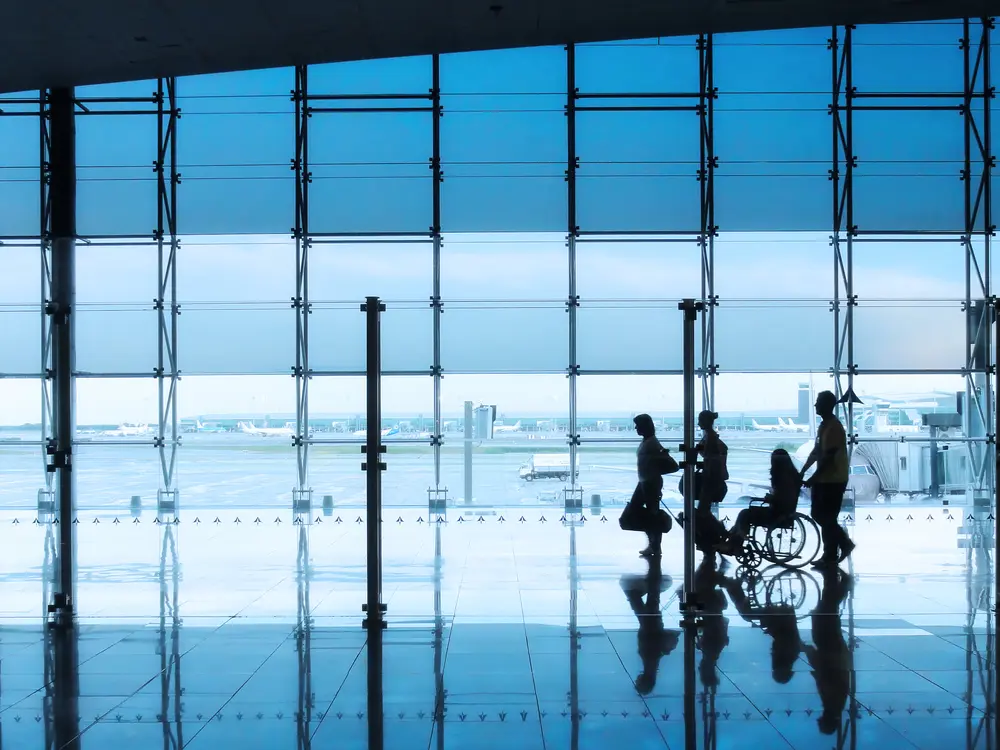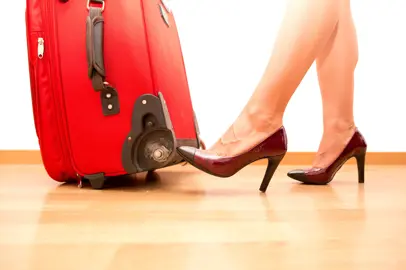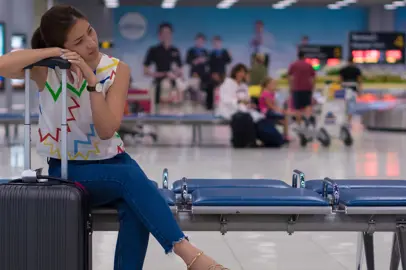20 February 2020
Rights of the passenger with disability and reduced mobility
What are the rights of a passenger with a disability or reduced mobility?
All passengers who have difficulty in use air transport for any physical (sensorial or locomotor, permanent or temporary) or mental disability, or any other cause of disability, or for reasons of age, have the right to protection, safeguards and assistance so that they may undertake their journey.
These safeguards apply:
- to flights (scheduled, charter, low cost) departing from an EU airport
- to flights (scheduled, charter, low cost) departing from an airport in a non-EU country with destination in an EU country, provided the airline is an EU airline and provided the benefits envisaged by local legislation have not been granted.
These safeguards do not apply:
- to flights departing from a non-EU country with destination in an EU country operated by non-EU airlines. In this case safeguards are guaranteed by local legislation and by regulations that govern the transport contract.
If a passenger with reduced mobility (PRM) is in possession of a valid ticket or booking, the airline, one of its agents or a tour operator cannot refuse to accept the booking or take on board the passenger without providing the necessary assistance.

Passengers in airport. Photo: Sisterscom.com, Shutterstock
Refusal of the booking or boarding may only take place:
- for security/safety reasons
- if the size of the aircraft or its doors make boarding or transport physically impossible.
The refusal to allow boarding is enforced in order to give top priority to the safety of disabled passengers or those with reduced mobility, and in general of all passengers, especially when an emergency may require evacuating the aircraft.
In case of refusal, the airline, its agent or the tour operator shall:
- immediately inform the passenger of the reasons of the refusal and, upon request, provide the same in writing within five business days
- offer an alternative flight or the reimbursement of the ticket.
To comply with safety requirements, the airline must assign the seats requested by the PRMs and by their travel companion, if present.
If the PRM passenger is not self-sufficient, the airline may request that the PRM is accompanied by a travel companion able to provide the assistance needed when performing the following:
- breathing with supplementary oxygen,
- eating,
- getting up to sit in an onboard wheelchair,
- using the toilets,
- taking medications.
In the case of a visually impaired person, the cabin staff may assist the passenger by opening food containers and may assist the PRM in moving around the cabin in an onboard wheelchair.
For further information you may be interested in:
Text by Alisè Vitri
Source text: www.europa.eu, Enac (Italian Civil Aviation Authority) www.enac.gov.it
Photos: Sisterscom.com / Shutterstock
Photos: Sisterscom.com / Shutterstock
All rights reserved. Reproduction prohibited.
Copyright © Sisterscom.com
You might be interested in
Useful Info

Passenger rights
Compensation in the event of loss of or damage to baggage
What compensation is envisaged by law if my baggage is lost or damaged during the flight?
Useful Info

Passenger rights
The passengers’ bill of rights
Who is responsible for the security of the air transport and passengers' rights?
Useful Info

Passenger rights
Denied boarding for overbooking
What rights do I have if I’m denied boarding due to overbooking?

